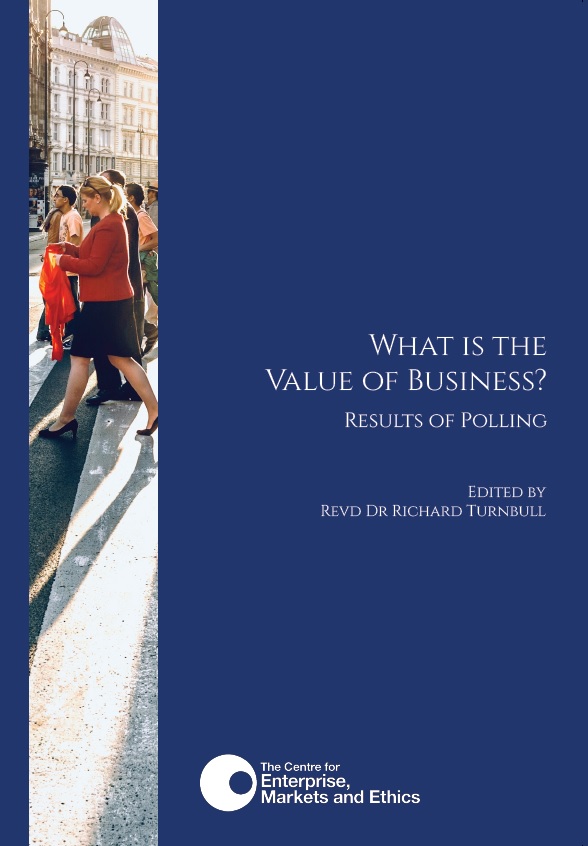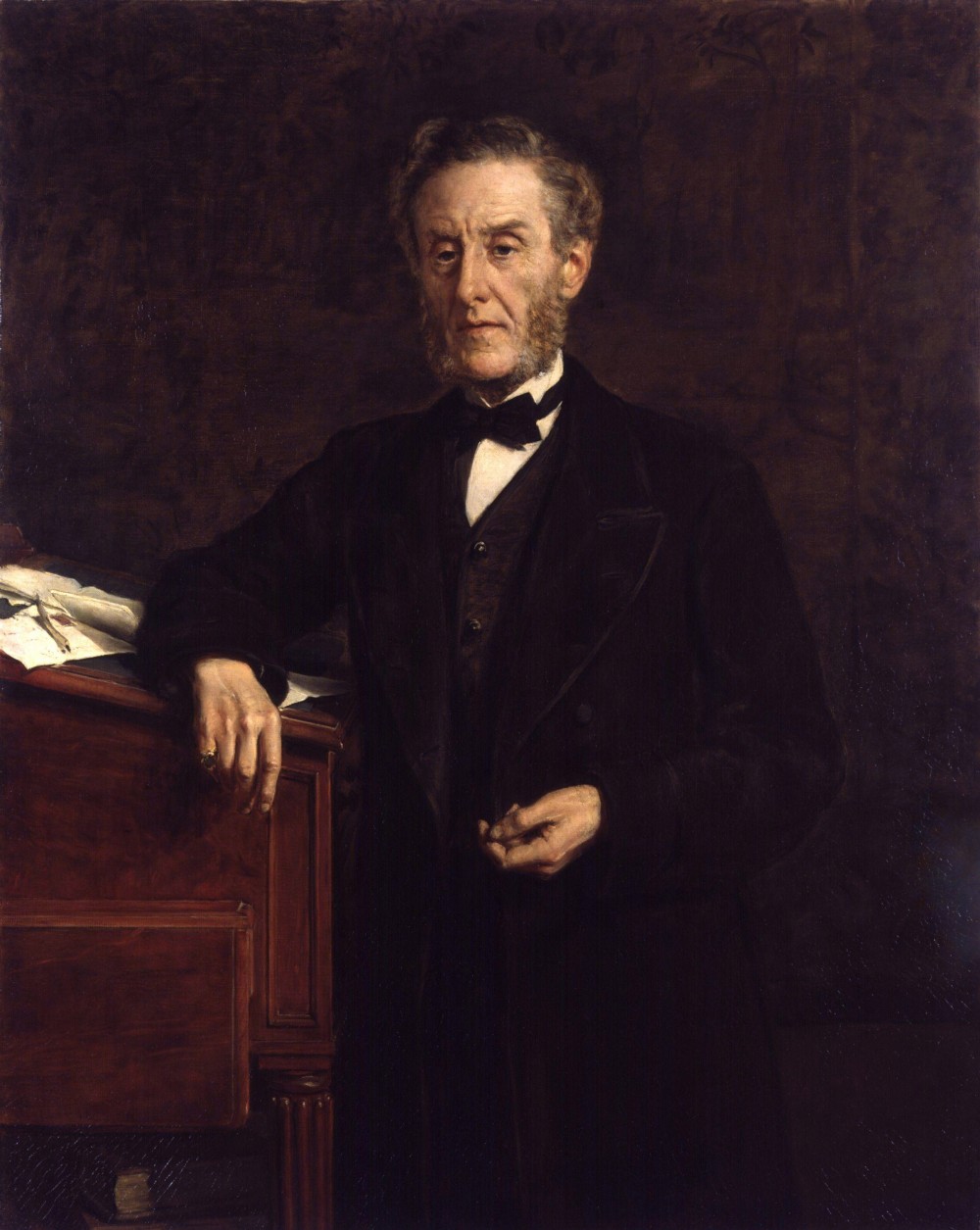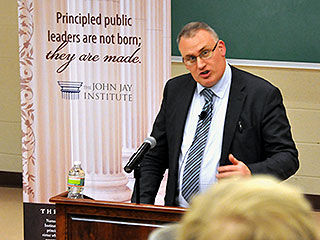
A PDF copy of this paper can be accessed here. The advent of Generative AI is challenging and redefining the world of work. While exacting data on its impact remain at a nascent stage, a growing number of private firms and research organisations have been quick to impart their early predictions. McKinsey & Co. […]

There are growing concerns that capitalism and democracy are in crisis. Despite the success of free markets in creating global prosperity over two centuries, the recent slowdown in growth in Western economies, the persistence of inflation, increasing economic inequality, financial instability and the explosion in debt have called into question the value of market capitalism. […]

In this final article, I will draw from two stories in the Bible that will be well-known to many readers, to give an example of how those who read the Bible as scripture can draw from those stories in developing modern economic ethics. The first story is of the Garden of Eden, and of the […]

As I suggested in my previous article, my preferred way to read the biblical texts is to identify in them a particular kind of method, rather than precise prescriptions. In this article, I will suggest some specific aspects of method in modern, theologically-informed economic ethics. Above all, I suggest that we give attention to human […]

One way to approach biblical texts is to read them as if they prescribe economic medicine for modern social maladies. For example, Paul Mills argues that an appropriate and devout appreciation of the Jubilee of Leviticus 25 will result in the construction of an economic system where no interest is charged on debts. This has […]

Numerous modern authors draw on biblical texts as support for economic rules in modern societies. Notably, contemporary writers often draw contradictory conclusions about the message and intent of the texts in their ancient settings, as well as about the rules that they derive for modern life. In this article, I show the methodological failures of […]

The Centre for Enterprise, Markets and Ethics (CEME) is pleased to announce the publication of What is the Value of Business? by Richard Turnbull. The report can be downloaded here. A hardcopy can be purchased by contacting CEME’s offices at office@theceme.org

The meaning of Advent I must first make a confession. I love carol services. I love singing carols. I love the Christmas tree. I love Christmas decorations. I love the festivities of Christmas. They remind me of when I was very young singing carols from house to house in Fforestfach which was then a village. […]

UK inflation is suddenly back with a vengeance. In an interview with the Financial Times, Huw Pill, the chief economist at the Bank of England (and my former colleague at Goldman Sachs) warns that the official rate of inflation may rise above five per cent early next year. This means that the retail price index could rise […]

Most people today who pay any attention to the news will be familiar with key economic concepts – consumption, investment, public expenditure, output, exports, imports, unemployment, economic growth, the balance of payments, public borrowing, interest rates, inflation, the national debt. Yet the one measure we hear little about is saving. Saving has become the Cinderella […]

The success of major advanced countries in dealing with Covid over the last twelve months has been remarkable. Scientists first discovered the vaccines. Then business accelerated their manufacture on an enormous scale. And as the vaccinations have been rolled out, the economic recovery has been dramatic. As new variants appear we are still not out of […]

Last August, in The Spectre of Inflation, I argued that the remarkable stability of prices in the past 25 years was due to central banks having operational independence and conducting monetary policy with a fixed inflation target of two per cent. While respondents and others put forward a variety of views, all recognised that a surprise […]

The Great Moderation For the past 27 years UK governments of all political persuasions have targeted a rate of inflation of 2 per cent as the principal objective of monetary policy. The Bank of England is charged with the implementation of policy and to ensure its freedom to take tough decisions it was granted operational […]

A New Online CEME Publication Professor Graeme Leach is Chief Executive of Macronomics, a macroeconomic, geopolitical and future megatrends research consultancy. He is also a visiting professor of economic policy, a senior fellow of the Legatum Institute and a member of the IEA Shadow Monetary Policy Committee. Between 1997 and 2013 he was Chief […]

This is a transcript of a lecture given at Hope College (MI. USA) in March 2020. Introduction Well, good evening and thank you very much indeed for the invitation to speak this evening at Hope College. It is a privilege to do so. I come to you with a varied background and training, including economics […]

This is a transcript of a talk given at St Michaels Church, Chester Square, 23rd January 2019. The title I have chosen for this talk, “Things fall apart: the centre cannot hold”, is a line from a poem, the Second Coming, by the Irish poet W.B.Yeats which was published in 1919. It was written against […]

This is a transcribed lecture given at the Morlan Pantyfedwen Annual Lecture 2018. I count it a great privilege to be invited to give this lecture not least because of the number of distinguished clergy, theologians and historians who have given it over the past half century. The idea for the subject of the lecture was the […]

Carbon Trading – Unethical, Unjust and Ineffective? by Cameron Hepburn was presented at the “Green Markets, Sustainable Business” conference on Thursday 2nd March 2017, at One Great George Street, London.

(This is a transcript from a speech given at Exeter University, 2016) Doing God’s business: The morality of the market: a Christian view of the market economy, government and social justice Introduction: The moral challenge of the market Thank you very much indeed for the invitation to lecture this morning on a Christian view on […]

Who is the Good Samaritan today? The parable of the Good Samaritan is one of the most popular, well-known and compelling stories Jesus ever told. Rather than teaching in an academic and rather dry way by making general statements, Jesus taught people by telling stories which caught their imagination. Invariably the stories were simple, direct […]

An historical and theological perspective of the way evangelical Christians respond to poverty. This piece is being written by the Director, Revd Dr Richard Turnbull, as a chapter in a book to be published in the USA by the Institute for Faith, Work and Economics in McLean, Virginia, USA. Please find the paper here.

What are the issues with Starbucks and tax? Dr Richard Turnbull has undertaken a detailed analysis of Starbucks’ accounts and published statements. His paper is available here.

The first in our series of “Conversations in Theology” was held on 15 May 2013 in London. A paper was delivered by our Associate Christopher Hays, to a gathering of around 20 invited guests, interested in the topic “Wealth Ethics in the New Testament”. Please find a copy of the paper here.

Dr Richard Turnbull, Director of CEME, presented a paper to invited guests at the CCLA in London on 24 September 2013. A copy of his paper can be found here.

The Revd Dr Richard Turnbull presented a paper at the Entrepreneurial Leaders’ Conference in Vancouver in November 2012 on the topic : Can I be ethical and make money at the same time? A video of this presentation is now available on the ELO website. Please find Richard Turnbull’s paper here.